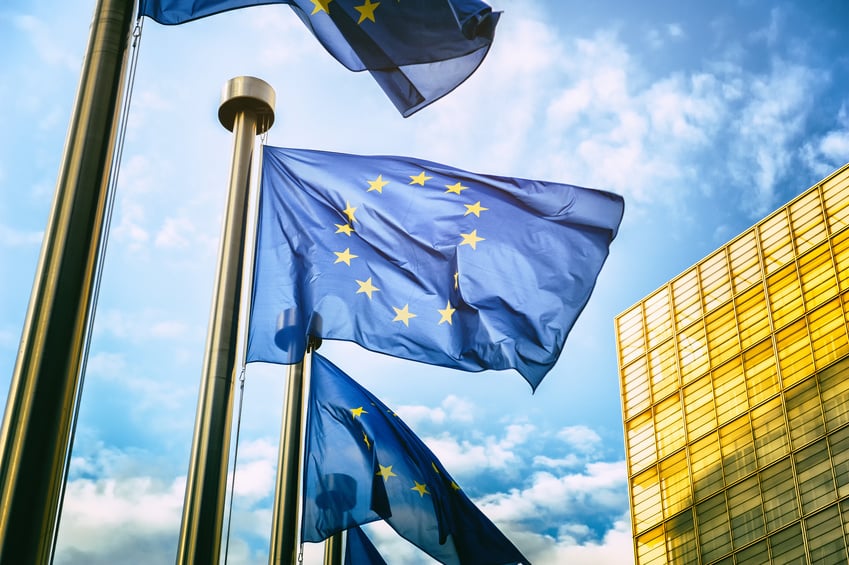What has happened?
A year ago, the European Commission published a proposal for a Directive on the reduction of the impact of certain plastic products on the environment (COM(2018) 340 final). On 21 May 2019, the Council approved the European Parliament’s position on this proposal. The so-called “Single-Use Plastics Directive” will now be signed into law and then published in the Official Journal of the European Union. It will enter into force 20 days thereafter.
What it means for you
The most relevant aspects of the Single-Use Plastics Directive are as follows:
- The Directive requires Member States to take the necessary measures to reduce the consumption of single-use plastic products (Art. 4).
- Member States must prohibit the placing on the market of products made from oxo-degradable plastic, i.e. conventional plastic materials with artificial additives that do not biodegrade but merely fragment into small pieces, as well as of certain single-use plastic products including cutlery, plates, certain straws, beverage stirrers, certain cotton bud sticks and food containers made of expanded polystyrene (Art. 5).
- Certain beverage containers that have caps and lids made of plastic may be placed on the market only if such caps and lids remain attached to the container when the product is being used (Art. 6).
- Certain PET bottles must contain at least 25 % recycled plastic (Art. 6).
- Certain sanitary products, tobacco products and cups for beverages must bear a marking to inform consumers about “the presence of plastics in the product and the resulting negative impact of littering or other inappropriate means of waste disposal” (Art. 7).
- Member States must ensure the extension of producer responsibility schemes for certain single-use plastic products (Art. 8).
The above obligations will not be immediately binding on affected companies since the Member States have two years to transpose the new Directive into their national laws. In addition, the Directive provides for various transposition periods. For example, the requirement for certain PET bottles to contain at least 25 % recycled plastic will only apply from 2025 onwards.
Actions to take
Economic operators making, importing or using single-use plastic products should
review whether their activities are affected by the new directive and, if so, establish
a path to compliance with the new single-use plastics regime. Once the new
directive is transposed into national laws, it will be unlawful to place non-compliant
product on the Union market. In addition, violations of waste law obligations may
trigger significant administrative fines.



